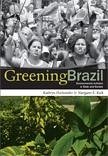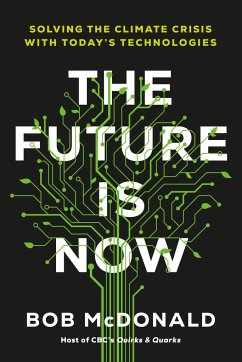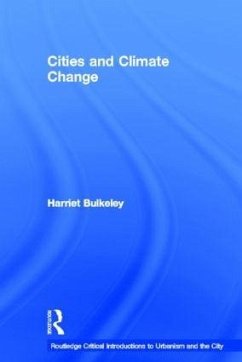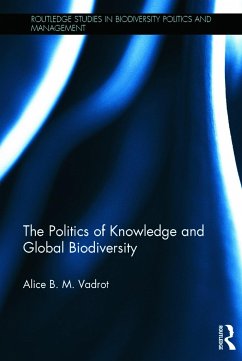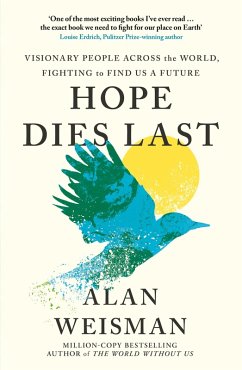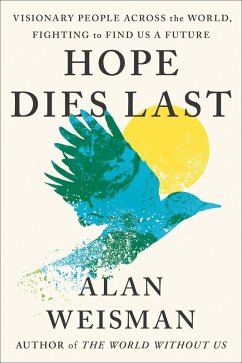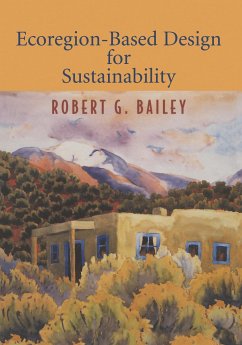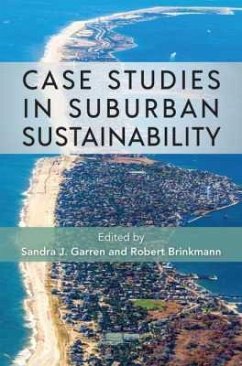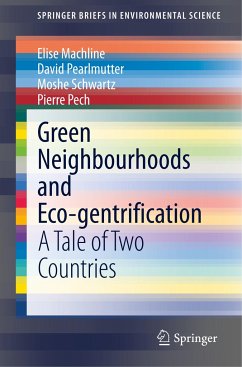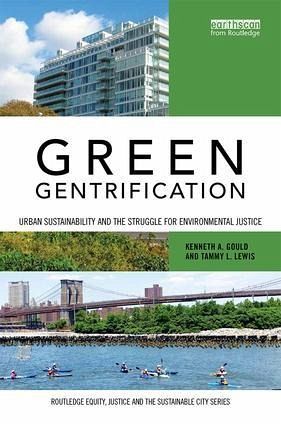
Green Gentrification
Urban Sustainability and the Struggle for Environmental Justice
Versandkostenfrei!
Versandfertig in über 4 Wochen
196,99 €
inkl. MwSt.
Weitere Ausgaben:

PAYBACK Punkte
98 °P sammeln!
Green Gentrification looks at the social consequences of urban "greening" from an environmental justice and sustainable development perspective. Through a comparative examination of five cases of urban greening in Brooklyn, New York, it demonstrates that such initiatives, while positive for the environment, tend to increase inequality and thus undermine the social pillar of sustainable development. Although greening is ostensibly intended to improve environmental conditions in neighborhoods, it generates green gentrification that pushes out the working-class, and people of color, and attracts ...
Green Gentrification looks at the social consequences of urban "greening" from an environmental justice and sustainable development perspective. Through a comparative examination of five cases of urban greening in Brooklyn, New York, it demonstrates that such initiatives, while positive for the environment, tend to increase inequality and thus undermine the social pillar of sustainable development. Although greening is ostensibly intended to improve environmental conditions in neighborhoods, it generates green gentrification that pushes out the working-class, and people of color, and attracts white, wealthier in-migrants. Simply put, urban greening "richens and whitens," remaking the city for the sustainability class. Without equity-oriented public policy intervention, urban greening is negatively redistributive in global cities.




